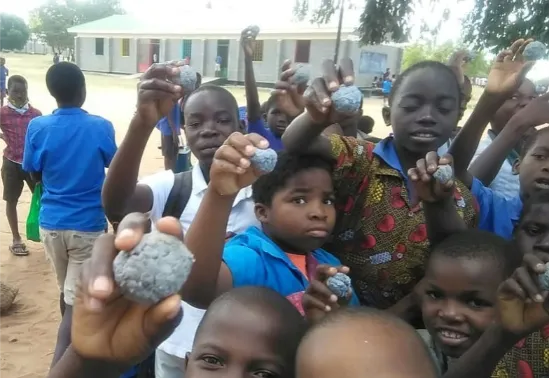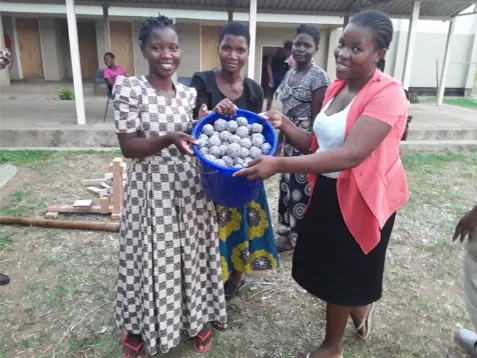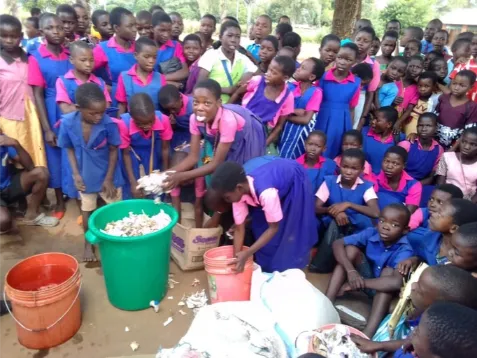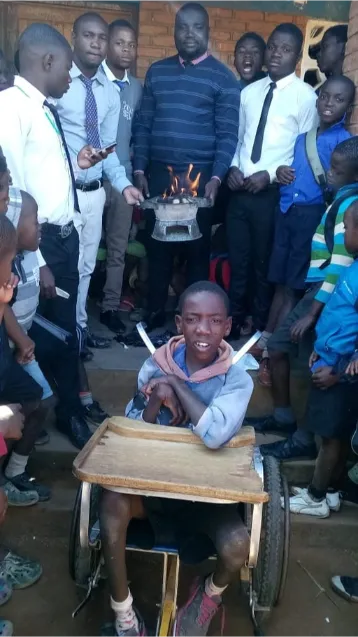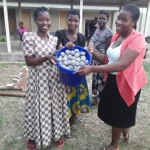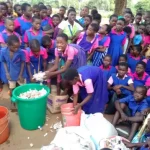Teacher: Tony Laston Magwira

Tony Laston Magwira
Tony is a seasoned educator with fourteen years of experience in the Malawian basic education system. His expertise spans general classroom teaching, Special Needs and Inclusive Education, and Teacher Education. Notably, Tony is recognized for spearheading the PaMtondo ESD Project, an innovative institutional change initiative. This project encourages students to apply their curriculum knowledge to address local sustainability issues in a student-centric, action-oriented, and transformative manner. At present, Tony is furthering his education at Rhodes University through the esteemed Canon Collins Scholarship for Postgraduate Study in South Africa. His academic pursuits are focused on advancing climate justice through education, showcasing his commitment to addressing pressing global challenges.
Usefull links related to the Solution
Overview
Tony is leading a project which aims to incorporate action orientated climate change pedagogy into pre-service teacher training. During pre-service training, teachers at Phalombe Teacher Training College took part in a Community of Practice (CoP) activity designed to find and scale a sustainable intervention to a local climate change issue.
Theory of Change
Pre-service teachers are part of an effective network and system that is built on learning and provides opportunities for feedback. These highly motivated teachers are perfectly positioned to carry out local research into issues affecting the communities they will serve and to discuss in a CoP the most effective interventions to these issues. An effective intervention can be easily scaled by getting the whole community to adopt it. The intervention can then have a far reaching effect.
Approach and Actions
The CoP worked in the following way, pre-service teachers at the training, college were formed into a CoP. In the first term of training, each member of the CoP examined their curriculum for climate change teaching areas and then used the community they would serve as a space for reference, in practice this usually involved a visit to the local community or carrying out surveys to understand the concerns and opportunities in the space. They were then asked to model an intervention to a concern which had been identified.
Impact
An exhibition event was organized towards the end of the first term where different CoPs showcased their interventions and innovations. The best intervention was then adopted for scaling by the cohort. Deforestation for firewood and for making charcoal was identified as a major issue in one area and the intervention to address this was chosen to be scaled. The intervention involved the making of sustainable briquettes as a fuel source, this was adopted as an intervention by all members of the CoP. Students learnt about sustainability and entrepreneurship and the interconnectedness of these issues with poverty, the energy crisis and climate change. Advocacy and awareness campaigns were also carried in the communities.
